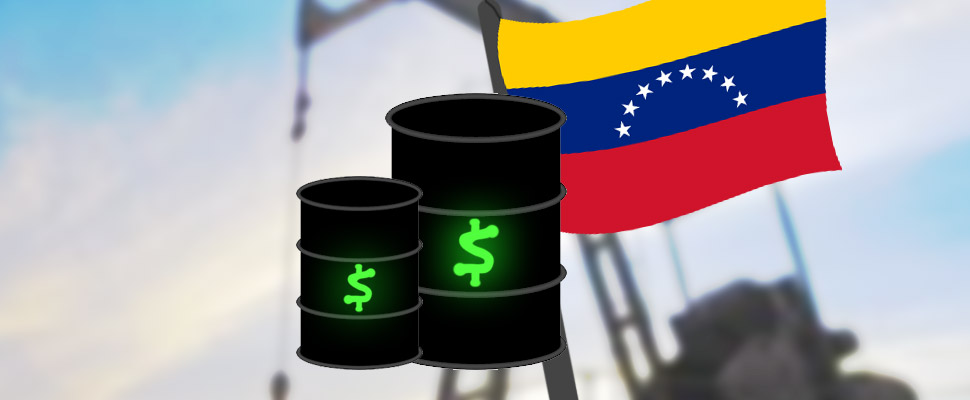Sanctions force Venezuela to import crude for the first time in 5 years
Listen this article
The country with the largest oil reserves in the world bought a shipment to Nigeria. Today everything can get worse

Consistent with severe declines in Venezuela's national oil production, the government was forced to import crude for the first time in five years. On Tuesday, almost one million barrels of Agbami-type light crude from Nigeria, an OPEC country like Venezuela, will land in this country.
Leer en español: Sanciones obligan a Venezuela a importar crudo por primera vez en 5 años
Crude oil of this type can also be used as a diluent for the dense oil of the Venezuelan deposits, facilitating its extraction and making possible the commercialization of Merey 16 oil, the main export product of Venezuela. This requires mixing Venezuelan crude with lighter varieties and other diluents.
The last time Venezuela had to import oil, in 2014, it also bought light oil to mix with its extra heavy oil. The purchase was made to Algeria and the mixture resulted in a variety known as Blend 16, which had to be suspended due to conflicts between state oil company PDVSA and its Algerian counterpart Sonatrach.
According to Bloomberg data, the latest available, Venezuelan oil production fell by half between 2006 and 2016, reaching only 313,000 barrels per day. To compare, Nigeria's current production exceeds 2.5 million barrels per day, still short of the African country's total capacity, which is 3 million barrels per day.
It is important to remember the enormous impact that this production deficit represents for the Venezuelan economy, which depends 96% on the income generated by the oil export.
Everything will get worse before it gets better
The outlook for the future is even more worrisome. Today, the new economic sanctions against Venezuela by the United States come into force. When this happens, no person, entity or government can use the US financial system to buy Venezuelan crude. This means that dollars can not be used to make oil purchases from Venezuela.
To keep its economy going, Venezuela will have to find a new destination for its modest, but important daily oil production, a different one from the United States, which, according to the newspaper El Tiempo, represented 75% of PDVSA's sales abroad. In addition, they must do all this through currencies other than the dollar.
Read also: Iran and Venezuela: could they reactivate their trade relationship?
These sanctions will not only hinder the marketing of outgoing oil from Venezuela, but will also affect the production of PDVSA itself, which must now find new ways to obtain the light oils and diluents needed to produce the mixtures it sells.
It could 'not recover'
The Energy Information Administration (EIA) of the United States announced that Venezuela has lost more than 100,000 barrels a day in production because of Trump sanctions, a figure that could increase as new sanctions come into effect.
The EIA also affirmed that the time of the year is approaching, from which it will be impossible for Venezuela to recover this lost production. "If the sanctions persist, the country may not be able to restart the interrupted portion of its production, and these 100,000 barrels per day will be converted into lost capacity," the EIA reported in its weekly oil report. The organization also forecasts that production will continue to fall until 'at least the end of 2020'.
LatinAmerican Post | Pedro Bernal
Translated from "Sanciones obligan a Venezuela a importar crudo por primera vez en 5 años"





